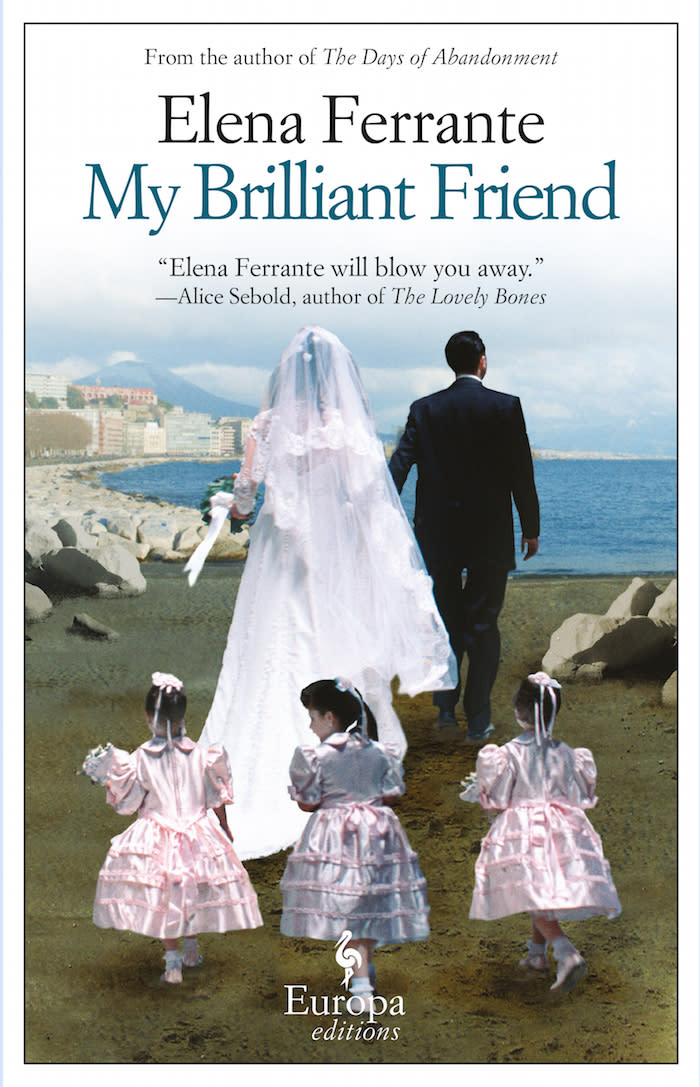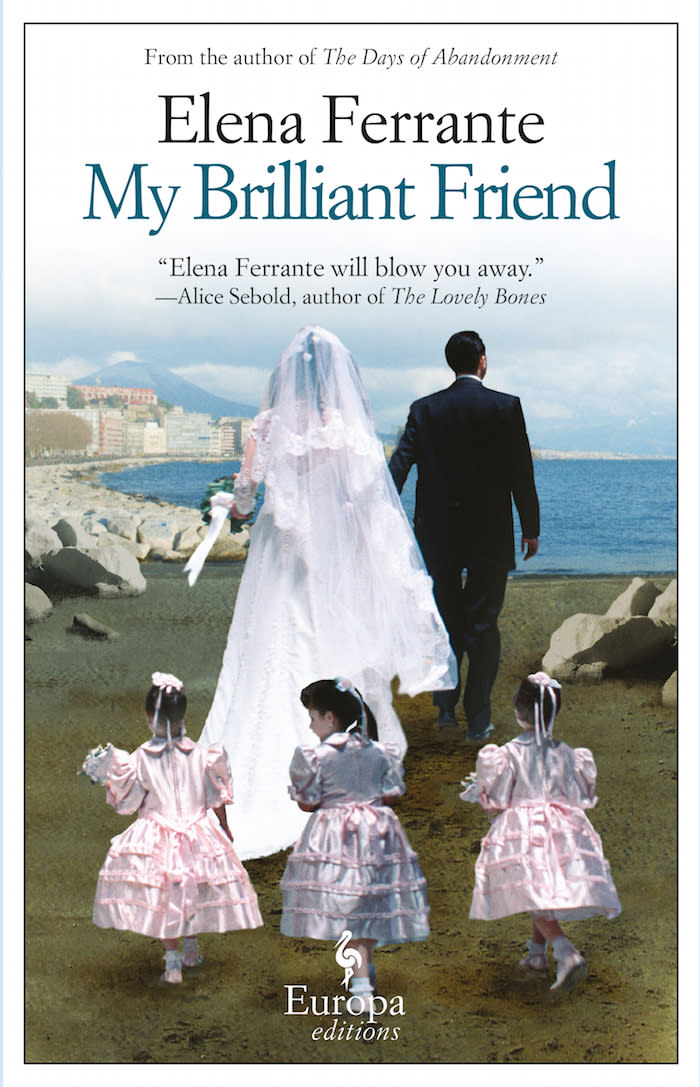Backlash for Reporter Who 'Outs' ID of Anonymous Writer Behind Elena Ferrante

It is one of the great mysteries of modern literature: the real identity of the author who writes under the pen name of Elena Ferrante.
An Italian journalist now claims to have solved it, but the supposed revelation is causing a widespread backlash, with many in the literary world and beyond questioning why a novelist who sought privacy had to be outed.
Claudio Gatti, an investigative journalist for Italian financial newspaper Il Sole 24 Ore, followed the money trail - revenue, payment details, real estate records - involving Ms Ferrante’s publishing house Edizioni e/o and concluded that the author is a Rome-based book translator called Anita Raja.
Ms Raja, who is married to a Neapolitan writer, has long been suspected of being the real author.
She has had a years-long relationship with Ms Ferrante’s publishing house as a translator of German literature, said Mr Gatti in an article published in The New York Review of Books and other publications.
Ms Ferrante, the author of My Brilliant Friend and three other books in a series that explore the lifelong friendship of two girls starting in post-war Naples, has gained a loyal following.
She does not give interviews, except rarely and by email, and not even her translators know her identity.
Before publishing her first novel, Ferrante is widely quoted as having said in a letter to her publishers, “Books, once they are written, have no need of their authors.“
Many were angry at the apparent revelation. Some contend the probe violated an author’s privacy. Others wondered whether such scrutiny should be limited to politicians and public officials rather than an author.
Sandro Ferri, Ms Ferrante publisher, condemned the attempt to out a novelist as “disgusting journalism”.
“It’s a relentless siege, a complete lack of respect towards somebody who doesn’t want to appear,” he told the Italian newspaper La Repubblica.
Matt Haig, a British novelist and journalist, tweeted: “Think the pursuit to discover the ‘real’ Elena Ferrante is a disgrace and also pointless. A writer’s truest self is the books they write.”
“Maybe Elena Ferrante has very good reasons to write under a pseudonym. It’s not our ‘right’ to know her,” British novelist Jojo Moyes wrote on Twitter.
Many took to Twitter to vent their disapproval, using words such as “shameful” and “voyeurism”, and resulting in #ElenaFerrante still trending by Monday morning.
One user, @st2wok, called the scoop a “journalistic own goal”, another, @luisa70, called it a case of “paranoid morbidity”.
Ms Ferrante’s Neapolitan series - which also includes The Story of a New Name, Those Who Leave and Those Who Stay and The Story of the Lost Child - has drawn widespread acclaim and has been translated across the world.

 Yahoo News
Yahoo News 


